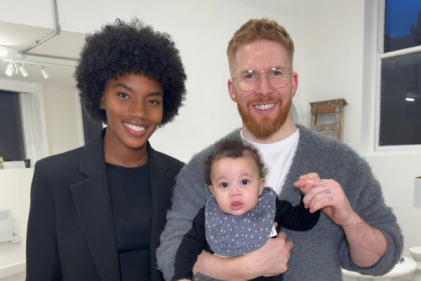You may not realise it, but children as young as 12 months can start to learn about numbers – albeit small groups of one, two, or three. At that age, you can count items with him – one orange, two apples, three lemons, and so on. He may not understand the more abstract ideas behind numbers, but he can start learning the words.
By the age of two, many children can recite numbers from one to ten, but they may skip them, mix them up, or leave a few out, and they still won’t really understand what they mean.
Try counting everyday objects with your child – the number of soaps in the bathroom, the number of apples in a bowl, and so on. Investing in colourful posters and books about counting can help too.
It will take some time before your child realises that the words you are teaching him actually refer to the items, but at some point, he will make the connection. In fact, sometime between the ages of three and four, your toddler will also begin to understand that numbers increase and decrease when objects are added or taken away, although identifying written numbers will usually only emerge as a skill between four and five.
In the mean time, have fun counting objects with your toddler or preschooler, and helping him learn the words.
By the age of two, many children can recite numbers from one to ten, but they may skip them, mix them up, or leave a few out, and they still won’t really understand what they mean.
Try counting everyday objects with your child – the number of soaps in the bathroom, the number of apples in a bowl, and so on. Investing in colourful posters and books about counting can help too.
It will take some time before your child realises that the words you are teaching him actually refer to the items, but at some point, he will make the connection. In fact, sometime between the ages of three and four, your toddler will also begin to understand that numbers increase and decrease when objects are added or taken away, although identifying written numbers will usually only emerge as a skill between four and five.
In the mean time, have fun counting objects with your toddler or preschooler, and helping him learn the words.







